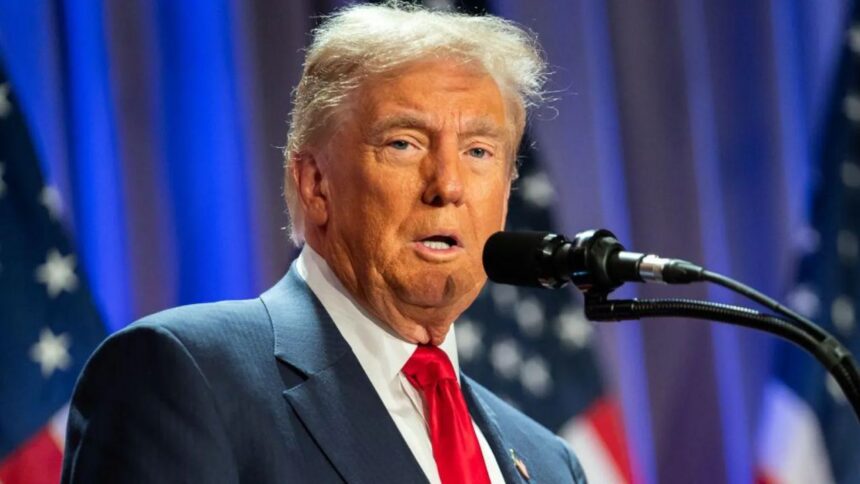By Nakiwala Barbra
The federal judge has dismissed the case against Donald Trump that alleged he illegally sought to overturn the 2020 presidential election.
Judge Tanya Chutkan’s decision, made at the request of Special Counsel Jack Smith, hinges on a longstanding Department of Justice (DOJ) policy that prohibits the prosecution of a sitting president.
The dismissal, labeled “without prejudice,” leaves the door open for the charges to be refiled after Trump’s second term in office.
This development comes as Trump’s legal troubles, which once loomed large over his political future, are unraveling following his return to the White House. Smith, the special counsel appointed to investigate Trump’s conduct, has also moved to dismiss the classified documents case against him, though the decision in that matter is still pending judicial approval.
Trump, for his part, has consistently maintained that these cases were politically motivated, describing them as “empty and lawless” in a post on his social media platform, Truth Social.
At the heart of this legal saga lies a constitutional question: should a sitting president be immune from prosecution, even for acts committed before taking office? The DOJ policy, rooted in concerns about separation of powers and the potential paralysis of a functioning presidency, has long been a shield for presidents. However, critics argue it creates a dangerous precedent, allowing those in power to escape accountability.
Jack Smith, in his filing, clarified that the dismissal was not a reflection of the case’s strength. “This outcome is not based on the merits or strength of the case against the defendant,” he wrote, emphasizing that the charges could be reinstated once Trump leaves office.
But Trump’s critics fear that such a delay could mean justice deferred becomes justice denied. After all, by the time his second term concludes, witnesses’ memories may fade, evidence may degrade, and public interest could wane.
Trump’s legal troubles have dominated headlines for years. From the Stormy Daniels hush money case to allegations of mishandling classified documents at Mar-a-Lago, he has faced nearly 100 criminal charges across multiple jurisdictions. Yet, in a series of legal victories, Trump has seen most of these cases dismissed, paused, or rendered moot by legal loopholes.
The Supreme Court’s recent ruling granting him immunity from prosecution for “official acts” taken as president dealt a significant blow to prosecutors, including Smith. While Smith attempted to argue that Trump’s alleged efforts to overturn the 2020 election were campaign-related and not part of his official duties, the courts have largely sided with Trump, limiting the scope of legal challenges.
Supporters Rally, Critics Cry Foul
Trump’s supporters have hailed the dismissals as vindication, with Vice President-elect JD Vance declaring the prosecutions as “always political.” On social media, Vance remarked, “If Donald J. Trump had lost an election, he may very well have spent the rest of his life in prison.”
For Trump, the legal wins have bolstered his narrative of being a political outsider under attack from the establishment. “It was a political hijacking, and a low point in the history of our country,” he wrote on Truth Social, describing his perseverance “against all odds.”

Yet, critics see this as a dangerous precedent. Former federal prosecutor Neama Rahmani bluntly noted, “His criminal problems go away because it’s well established that a sitting president can’t be prosecuted.” This immunity, they argue, not only undermines accountability but emboldens leaders to act with impunity.
While the federal cases against Trump appear to be winding down, state-level prosecutions remain in flux. In Georgia, Trump faces election subversion charges, though an appeals court is considering whether the Fulton County District Attorney can remain on the case. In New York, sentencing for his criminal conviction related to the Stormy Daniels payment has been indefinitely delayed.
With Trump’s return to power, the line between justice and politics grows increasingly blurred. For his supporters, this is a triumph of resilience over a politically weaponized legal system. For his detractors, it’s a chilling reminder of how power can shield even the most controversial leaders from accountability.
As Trump settles into his second term, one thing is clear: the legal and political battles surrounding his presidency are far from over. Whether history will view these developments as justice served or justice thwarted remains to be seen.

